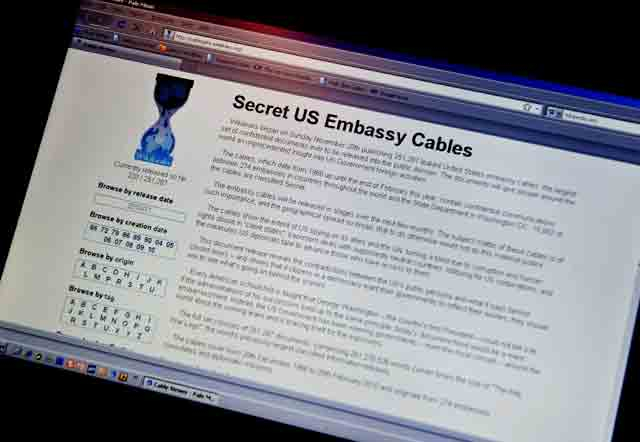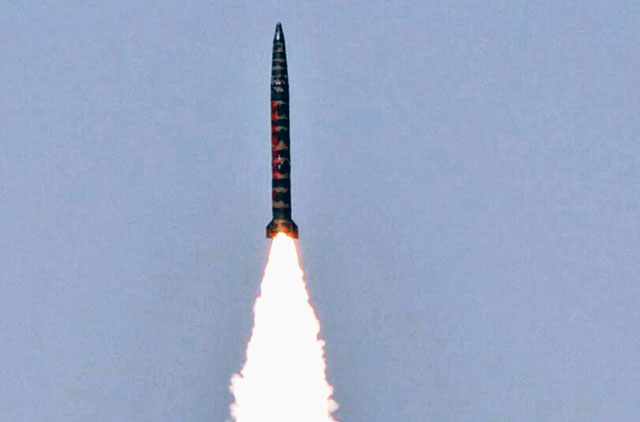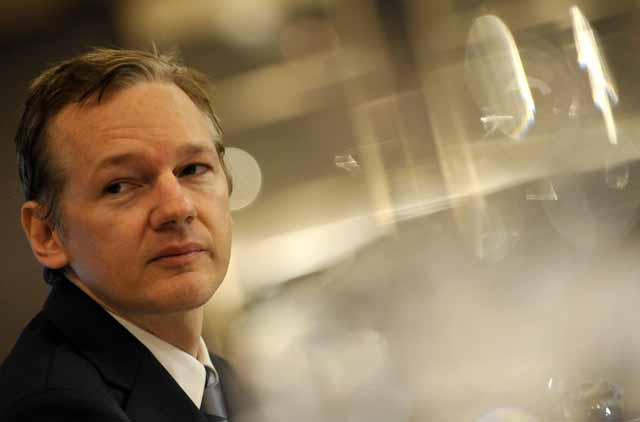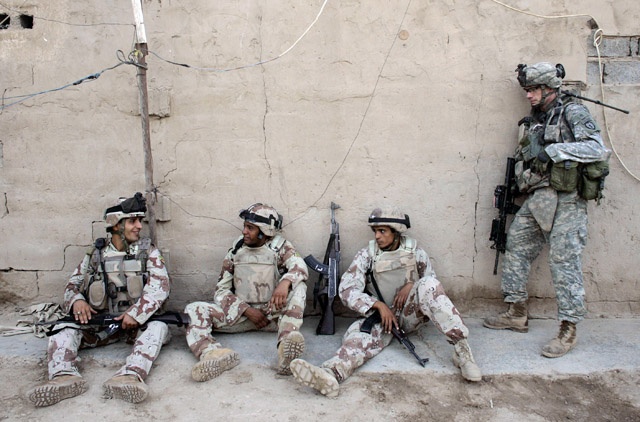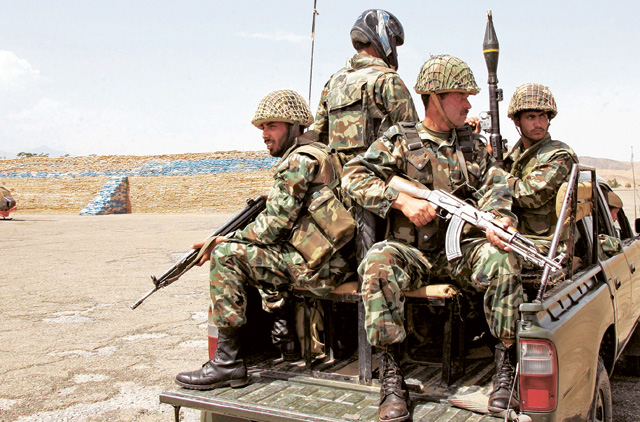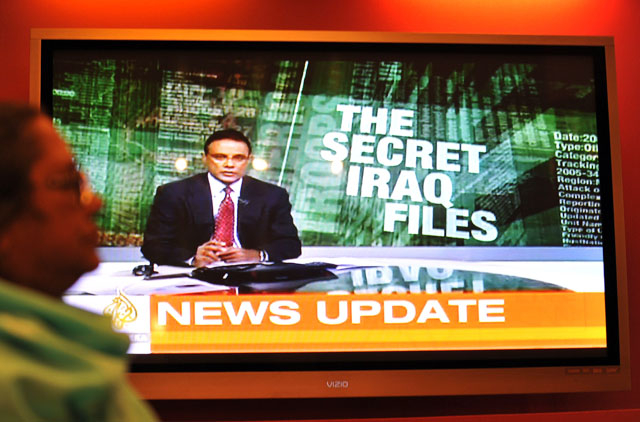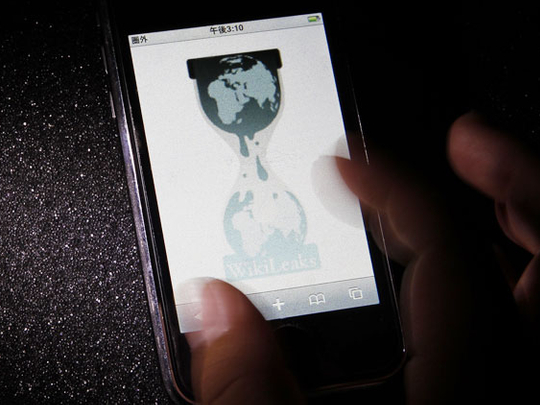
Islamabad: Pakistan on Monday criticised the release of classified US diplomatic cables that reportedly raise concerns that highly enriched uranium could be diverted from its nuclear programme to build an illicit weapon.
US officials have long expressed concern that extremists in Pakistan could target the country's nuclear programme in an attempt to steal a weapon or, more likely, the materials needed to build one.
View the latest WikiLeaks documents
Fact file: What is WikiLeaks?
In focus: WikiLeaks
Pakistan has always said it is confident its nuclear security is good enough to prevent this from happening - a stance supported publicly by the US. But classified cables released by online whistle-blower WikiLeaks reportedly reveal the US has doubts and has clashed with Pakistan over the issue.
"We condemn the irresponsible disclosure of sensitive official documents," said Pakistani Foreign Ministry spokesman Abdul Basit.
US Ambassador Cameron Munter also criticized the release in an editorial in The News, a Pakistani English-language newspaper.
"I cannot vouch for the authenticity of any one of these documents," said Munter. "But I can say that the United States deeply regrets the disclosure of any information that was intended to be confidential. And we condemn it."
Details from the roughly quarter million confidential cables were published Sunday by The New York Times, France's Le Monde, Britain's Guardian newspaper, German magazine Der Spiegel and other media outlets that received them in advance from Wikileaks.
According to the cables, the US has mounted an unsuccessful secret effort since 2007 to remove from a Pakistani reactor highly enriched uranium that American officials fear could be diverted for use in an illicit nuclear device, The New York Times reported.
Former US Ambassador Anne Patterson reported in May 2009 that Pakistan refused to schedule a visit by American technical experts, according to the newspaper, because, as a Pakistani official said, "if the local media got word of the fuel removal, 'they certainly would portray it as the United States taking Pakistan's nuclear weapons,' he argued."
Rumors that the US is intent on seizing Pakistan's nuclear arsenal have contributed to strong anti-American sentiment in the country despite frequent denials by US officials.
Basit, the Foreign Ministry spokesman, did not comment directly on the details of the cables that were leaked. He said the US warned Pakistan in advance about the release and officials were still examining the relevant documents.
Wikileaks released over 200 of the confidential cables on its website on Sunday, but none of them appeared to contain information about US attempts to remove uranium from the Pakistani reactor.
One of the cables that was released outlined Russian concerns about extremists in Pakistan trying to get their hands on nuclear materials. The information was based on a presentation given in December 2009 by Yuriy Korolev, an expert from the Russian Ministry of Foreign Affairs.
He said the large number of people involved in Pakistan's nuclear and missile programmes - 120,000 to 130,000 - and the strict religious beliefs of some raised concerns that extremists would be able to recruit someone to help them. Nuclear materials were also vulnerable when transported, he said.
Wikileaks said it plans to release the rest of the cables over the next few months.
The documents could prove embarrassing for other countries allied with Pakistan.
The king of Saudi Arabia reportedly called Pakistani President Asif Ali Zardari the greatest obstacle to the country's progress, The New York Times said.
"When the head is rotten, it affects the whole body," the newspaper quoted King Abdullah as saying.
Presidential spokesman Farhatullah Babar dismissed the reported comment, saying "President Zardari regards Saudi King Abdullah as his elder brother."
"The so-called leaks are no more than an attempt to create misperceptions between two important Muslim countries," he said.


